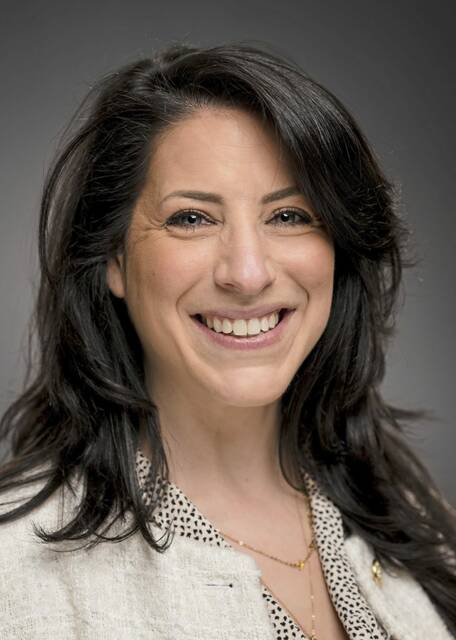Did you know that a Pew Research Center poll shows that more than two-thirds of adults get at least some of their news from social media? Just under half of those people get their news from Facebook. I feel safe in generalizing that most of us have a distrust of news from Facebook, yet we still end up there.
Why is that?
Jon Dick, vice president of marketing at HubSpot, believes that it might be blamed on habit. In that same study, Pew found that 74% of people click on Facebook at least once a day. Dick posits that most people who are getting their news from social media do not believe that they will be fooled by its content.
As more and more publishing tools become available to the public, it is easier to create polished and trustworthy-looking media and posts. This is wonderful for many people who need to use this to create items for their businesses, but it makes it harder for the rest of us to be able to differentiate at times what is fact and what is opinion. I know that it can be tricky for me.
For that reason, I have done some research, and want to share what I’ve learned.
Jody Wilson, library coordinator at a local community college, shared some guidelines with me that we can all use to help verify if what we’re reading is legitimate.
Accuracy: Does the information seem accurate? Is it possible and can it be verified? You know the old saying, “If it seems too good to be true, it probably is.”
Authority: Who is the author? Do they have any expertise on the topic? Who sponsors the post? Also, check the domain name extension if a web address is given. Domain means the part after the dot. If it’s followed by .edu, it’s generally associated with a college or school, while .gov shows that it’s a website from the government. A domain name extension of .com originally meant that the address was connected to a commercial business. That is no longer the case. Just about anyone can buy a .com domain name. Addresses that end in .org can be tricky. Originally created for nonprofit organizations, users have latitude. The Library & Music Hall’s website began as carnegiecarnegie.com, before switching to CarnegieCarnegie.org. These extensions are guidelines as to what kind of entity is behind the information.
Objectivity: What is the purpose of the site? You can find this out by clicking on the “About” or “Mission” part of the website. This is important. Who is creating this post? Is there a name or a website connected to it? We’ve all seen the quote, “Don’t believe everything that you read on the internet” placed next to a picture of Abraham Lincoln. It’s funny because it’s so ridiculous. The internet wasn’t around back in Honest Abe’s time. Look carefully at your social media feed. How often do you see a quote posted next to a picture of an actor or politician and assume that they did indeed say that? Lastly, do the opinions expressed in the post seem biased?
Currency: On what date was the post created? Everyone has seen a posting about a celebrity who has died. Sometimes they are current, but sometimes it’s just someone who shared an old post and it goes viral and so we all get the news that Tom Petty has died again. It’s old news, but looks current.
Generally, when I see a social media post that has incorrect information, I will privately message whoever posted it to let them know. Because we at the Library are in the information business, I will give them a link to a reputable source or two to back up my findings. Some people are more open to that sort of correction than others. One thing that I work hard to do is make sure that I only share things that are true and can be proven.
If you ever have questions about the veracity of what you see on social media or anywhere on the internet, please give us a call at 412-276-3456, ext. 2, or send me an email at doughertyj@einetwork.net. The staff at the Andrew Carnegie Free Library & Music Hall will be happy to help answer any of your questions.








